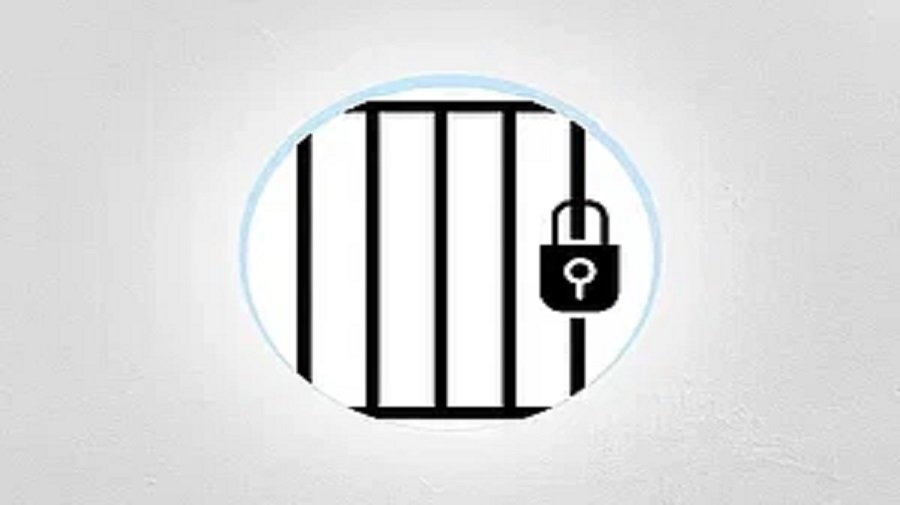Ending arbitrary arrests and detentions

One of the most systematic and widespread practices of abuse of power by the former Awami League government involved the arbitrary arrest, detention and imprisonment of political opponents, even when there was no evidence that they were involved in the commission of the alleged crime. Those arrested might eventually have got bail, but it would often take many months before a court granted this. Over the last 15 years of Awami League rule, thousands of political opponents were caught up in this repressive dragnet made possible by the actions of the police and the judiciary.
Though under the current Interim Government, the level of abuse is far less, cases continue to be reported (mostly in relation to the hundreds of killings that took place between 16 July and 5 August) of people being arrested and detained without any evidence or even reasonable suspicion of involvement in the alleged crime. Of course, many of those currently facing arrests and detention may well have been involved in the crimes of violence that occurred, and arrests in those cases would certainly be justified. But there appears to be grounds of concern that a significant number of people are baselessly being implicated and if these kinds of arrests continue the process of ensuring justice for the victims of the July killings will be jeopardised.
This article looks at how defects in the law and its application contribute to this practice and what steps the government and the judiciary could consider now to help resolve the problem, and to refocus on pursuing arrests of those responsible for the killings.
An Arrester’s Charter
Let’s first take the issue of the arrest by the police.
A key reason why the police arrest so many people without justification is that section 154 (in combination with section 4) of the Criminal Procedural Code 1898 provides legal basis for this to happen. The Code was drafted in British colonial times and these two provisions have remained unchanged for over 120 years.
Under section 154, any member of the public (or indeed a police officer) can go to any police station in Bangladesh and provide it with “information” of a “cognisable” crime along with names of people whom that person claims to be involved in committing that crime. “Cognisable” offences tend to be the more serious offences and are identifiable in a schedule to the CrPC. They include the offence of murder.
